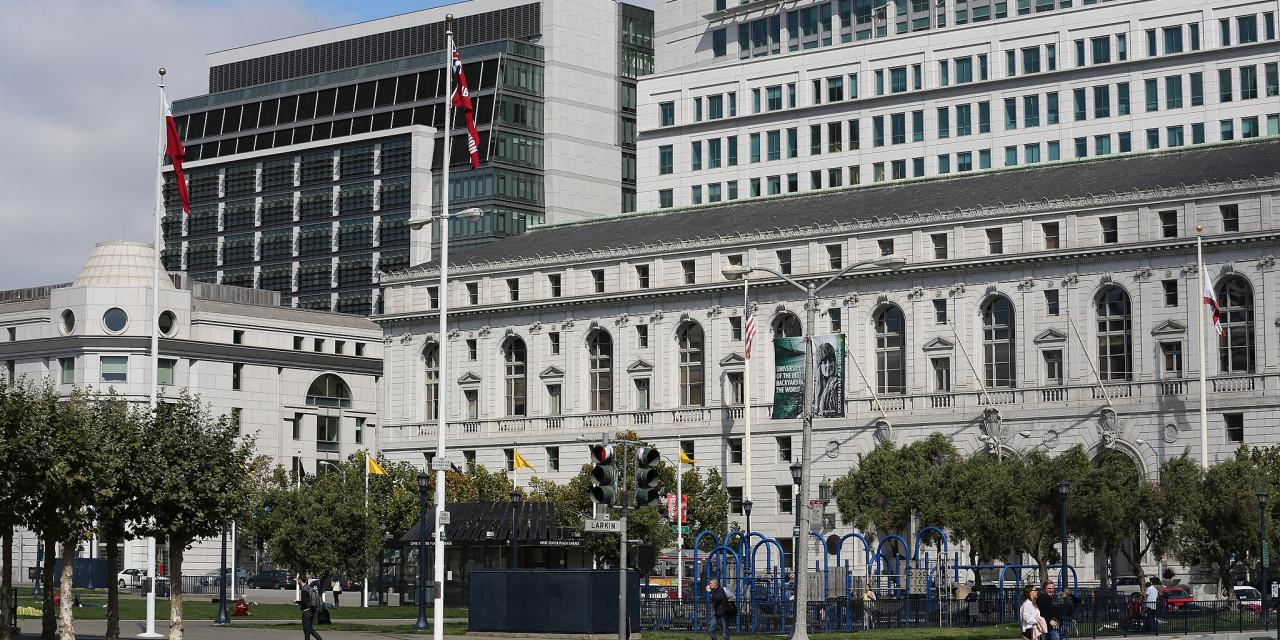The California Supreme Court has ruled public entities are exempt under California law from facing enhanced punitive damages in sex abuse suits allegedly involving cover-ups, saying compensatory damages are adequate to satisfy such plaintiffs, even though private entities could be made to pay three times as much.
The June 1 decision was penned by California Supreme Court Chief Justice Patricia Guerrero, with concurrence from Justices Goodwin Liu, Carol Corrigan, Joshua Groban, Leondra Kruger, Martin Jenkins and Kelli Evans. The decision favored Los Angeles Unified School District in a suit brought by a woman identified as Jane Doe.
Doe was a freshman in 2014-15 at a high school in a Los Angeles suburb, when a school employee, Daniel Garcia, allegedly molested her, according to court documents. Doe told her parents and Garcia was arrested in 2016.
Doe sued the School District in Los Angeles Superior Court, claiming school officials had known in early 2014 that Garcia had allegedly molested another student at another school. After learning of this alleged molestation, officials transferred Garcia to the school where he met Doe. The lawsuit asserted the District concocted a false report that Garcia and the other student had become involved with each other before Garcia started working for the District.
In her suit, Doe sought, among other damages, punitive damages three times the otherwise allowable amount, because of a state law that permits enhanced damages when a cover-up is involved in a sexual abuse case. Doe said the alleged false story about Garcia and the other student constituted a cover-up.
Judge Shirley Watkins agreed that treble damages could apply to the school district, as they would to non-government companies and organizations sued for covering up sexual assault and abuse.
The District went to California Second District Appellate Court to head off the treble damages. The appeals court ruled that in accordance with the California Government Claims Act, a public entity is immune to damages that seek to punish or set an example. Doe then went to the state high court.
However, Chief Justice Guerrero agreed Doe's suit did not qualify for treble damages.
"Conventional damages principles already provide for full compensation for victims of childhood sexual assault who prove their claims at trial. With or without a cover up, individuals who establish that they were victimized by a childhood sexual assault are entitled to actual, compensatory damages in an 'amount which will compensate for all the detriment proximately caused thereby, whether it could have been anticipated or not,'" Guerrero said, quoting California Civil Code.
Guerrero noted there is no "gap or deficiency" in the regular damages Doe may already seek, which need to be covered by enhanced damages.
In addition, Guerrero observed she could not see a connection between treble damages and the public policy goals that Doe said the legislature assigned to such damages.
Doe cited several appellate court decisions to buttress her contentions, but Guerrero said these decisions were in cases that are "fundamentally distinguishable" from Doe's circumstances.
The school district was represented by Calvin House and Arthur Preciado, of Gutierrez, Preciado & House, of Pasadena.
Doe was represented by David Ring and Natalie Weatherford, of Taylor & Ring, of Los Angeles and Manhattan Beach, as well as by Holly Boyer, Kevin Nguyen and Kathleen Becket, of Esner, Chang & Boyer, of Pasadena and Walnut Creek.
Friend-of-the-court arguments in support of the school district were submitted by: California State Association of Counties; Association of Schools for Cooperative Insurance Program; Public Risk Innovation, Solutions, and Management; California Association of Joint Powers Authorities; and Northern California Regional Liability Excess Fund.
Also submitting arguments for the district were: School Association for Excess Risk; Statewide Association of Community Colleges; and Southern California Regional Liability Excess Fund.
Friend-of-the-court arguments backing Superior Court Judge Watkins's ruling were presented by Hesperia Unified School District.
Arguments for Doe were submitted by Consumer Attorneys of California and National Center for the Victims of Crime.
